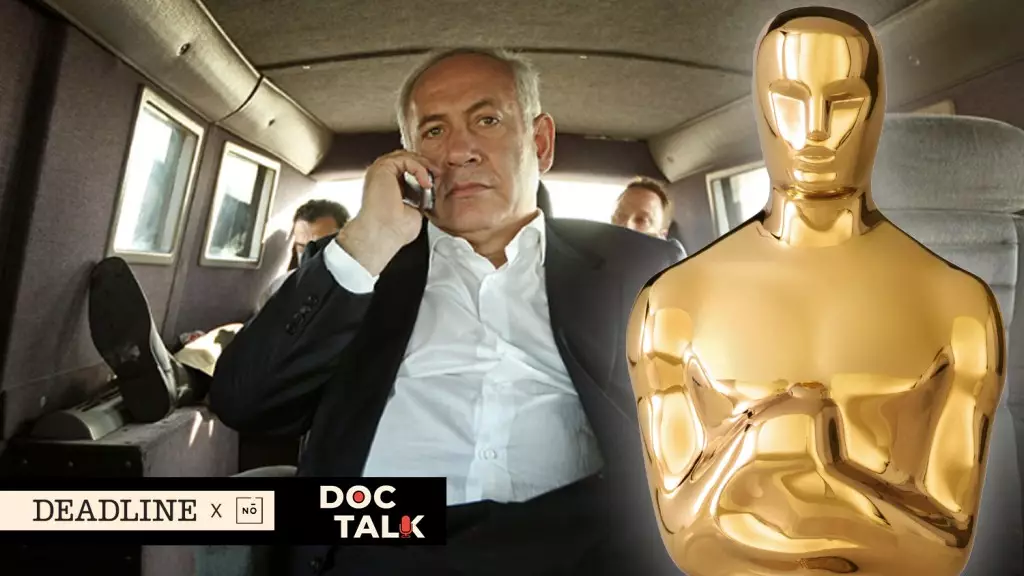The Oscars have long been regarded as a pinnacle of achievement in the cinematic world, and the documentary category is no exception. The recent reduction of 169 contenders to a mere 15 shortlisted films serves as a stark reminder of the competitive nature of the industry. For many filmmakers, this ruthless elimination process is disheartening, revealing an unforgiving landscape where only a select few can bask in the glow of potential accolades. The reactions to these omissions and inclusions are as varied as the films themselves, illuminating the subjective nature of artistic value and recognition within the Academy.
One of the central points of contention in the current Oscar race involves the films that failed to secure a spot on the shortlist. For instance, a highly acclaimed documentary centered on the life of a notable Hollywood icon, who overcame a life-threatening accident, has been notably absent, leaving many industry insiders and fans baffled. This oversight highlights the doubts surrounding the voting tendencies of Academy Documentary Branch members and the delicate balance between popularity and artistic merit that often plays out during award seasons.
In contrast, one notable contender that has gained traction is a politically charged documentary scrutinizing Israeli Prime Minister Benjamin Netanyahu. This film not only provoked legal threats from the prime minister himself but also raised concerns regarding its status within the international film community, as it lacks U.S. distribution. This contradiction raises pertinent questions about the criteria used by voters and whether political narratives are being prioritized over other compelling stories.
The reflections offered during Deadline’s Doc Talk podcast, hosted by the Oscar-winning John Ridley and documentary editor Matt Carey, provide a platform for dissecting these developments further. The candid discussions help illuminate the emotional spectrum experienced by filmmakers—those who celebrate the achievements of their peers while simultaneously mourning their own losses. Through this dialogue, listeners gain insights into the nuanced opinions of film advocates, particularly regarding which documentaries resonated strongly and which are perceived as snubs worthy of revisiting.
The debate extends to the short documentary category, where the shortlist has also been condensed to 15 contenders. Noteworthy among these is a film co-directed by the multifaceted actress and filmmaker Rashida Jones and another by the visionary behind the celebrated documentary focused on Justice Ruth Bader Ginsburg. The variety of stories presented in this category underscores the flourishing, and sometimes conflicting, narratives being explored in modern documentary filmmaking.
As the Academy prepares for the final voting stages, filmmakers and film enthusiasts will undoubtedly continue to grapple with the outcomes of this rigorous nomination process. It serves as a reminder that in the quest for recognition, artistic expression often becomes a complex fusion of personal vision and industry expectations. The conversations sparked by the Oscar shortlist generations new discussions on artistic merit, political narratives, and the evolving landscape of documentary filmmaking, enriching the audience’s understanding of cinema’s role in society.

Leave a Reply